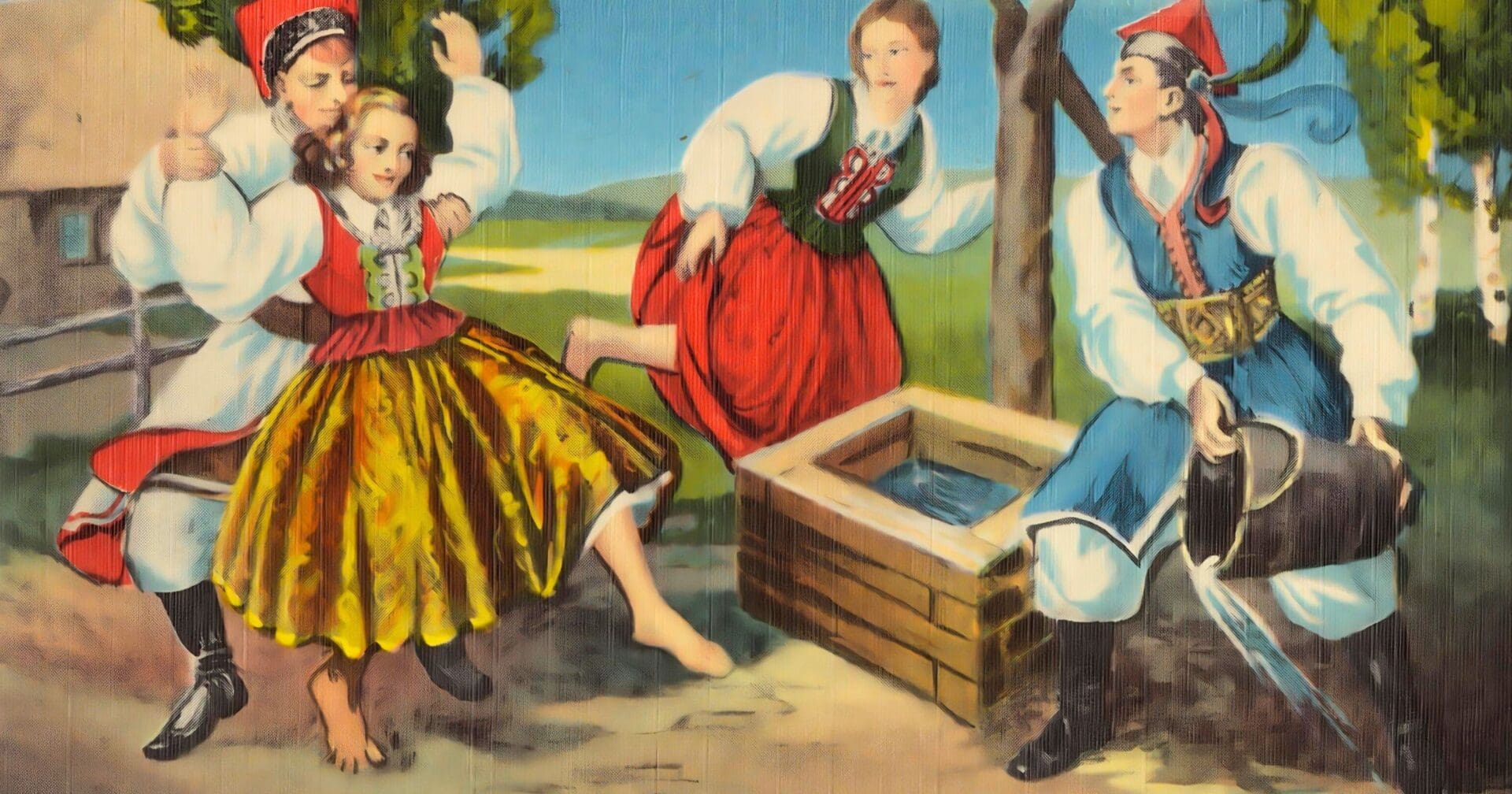For most, the day after Easter is known as Easter Monday. But for Polish Americans and those living in Central Europe – especially Poland, the day after Easter is known as Dyngus Day, or Wet Monday.
In Poland, Dyngus Day was traditionally celebrated with boys and girls throwing water at each other and hitting each other with branches from the pussy willow tree, often accompanied with a rhyme: “Dyngus, dyngus, for two eggs; I don’t want bread, only eggs.” When the buckets were emptied, the soakee would be taken to a nearby river or pond for another drenching.
To save one’s self from a would-be dyngus soaking, boys and girls would offer each other ransoms of pisanki, Polish easter eggs richly adorned with ornate paint, dyes, yarns, beads, and other decorations.
Pussy willow’s were used as an alternative to the palm leaf, unobtainable in Poland. Priests would bless the branches on Palm Sunday, and parishioners would whip each other and say: “It’s not me who strikes, the willow strikes, in a week, holy week, in six nights, Easter.”
Throughout the town, a dyngus procession would be held, known as “going on the dyngus.” A rooster would be processed on a wagon throughout the town, crowing along the way, from door to door, those in the procession pleading with inhabitants to give them leftover food from their Easter tables. They would sing dyngus songs on the doorstep, a typical one below:
Your duck has told me
That you’ve baked a cake
Your hen has told me
She’s laid you a basket and a half of eggs
Your sow has told me that you’ve killed her son
If not her son then her little daughter
Give me something if only a bit of her fat
Who will not be generous today
Let him not count on heaven
The origin of Dyngus Day is obscure and stretches back to at least the 14th century, with some historians believing it stretches back to around 1000 A.D. The use of water is said to allude to the baptism of Mieszko I, Duke of Polans, who united all of Poland under Catholicism. Why “dyngus” day? The etymology of the name is just as obscure, but its believed to come from the Germanic Dingeier meaning “the eggs that are owed” or Dingnis meaning ransom.
Dyngus Day was not always tolerated: In 1410, the Bishop of Poznan, the historical capital of Greater Poland, issued the edict entitled Dingus Prohibitur, instructing residents not “pester or plague others in what is universally called Dingus.”
Today, Dyngus Day is widely celebrated by members of the Polish diaspora across the United States: Polish Americans in Cleveland, Ohio, Buffalo, New York, and South Bend, Indiana celebrate the day with town festivals full of delicious Polish cuisine & brews, entertaining parades, Polish music, and costumes.
Photo credit: Boston Public Libary via Flickr














